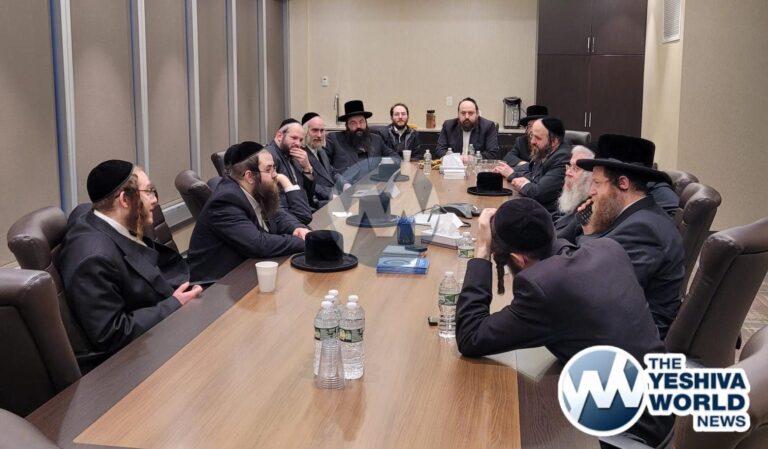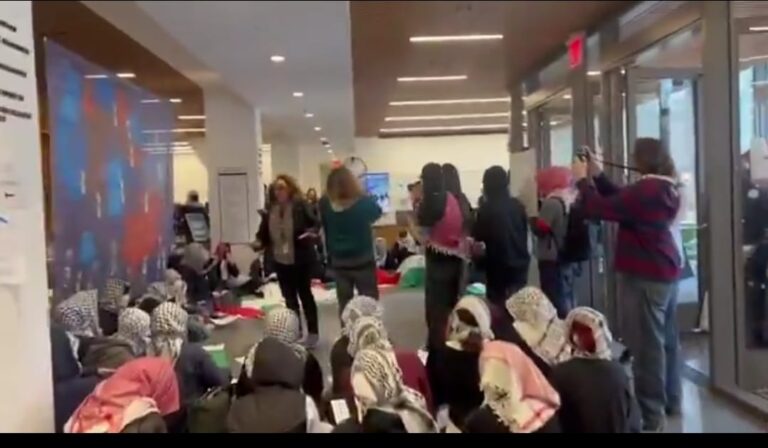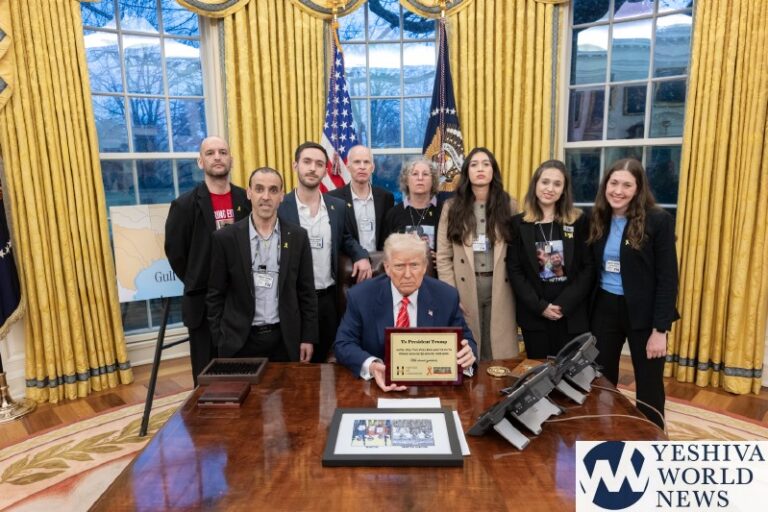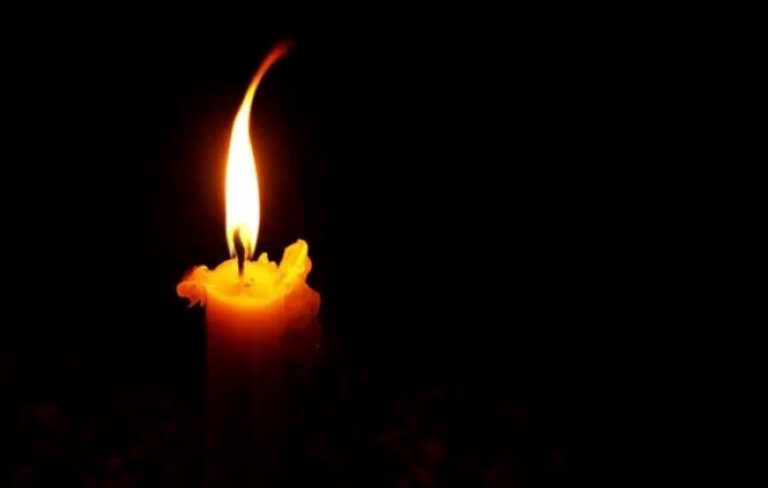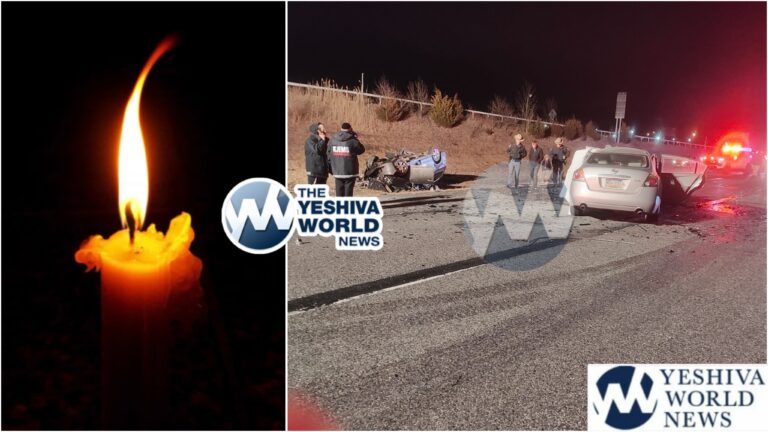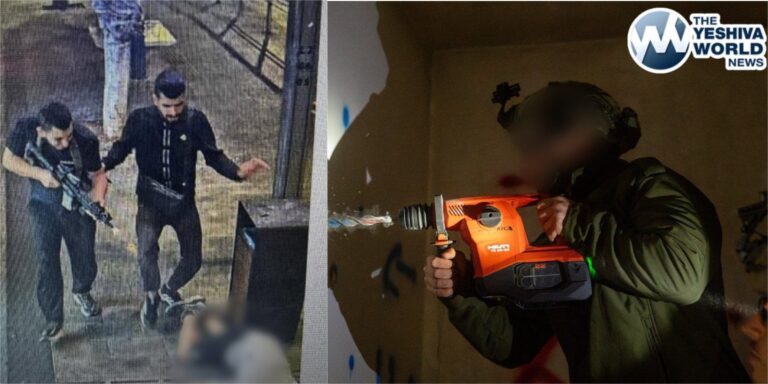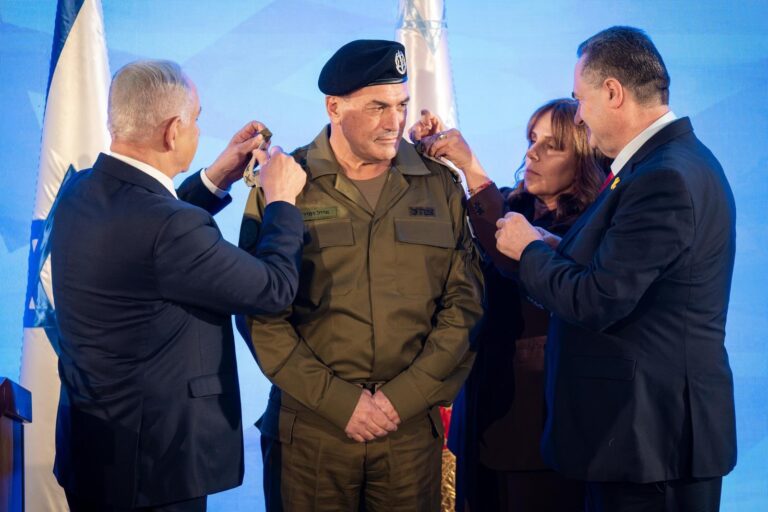 While government hospitals are in crisis mode with more and more residents walking off the job, Baruch Hashem, in Netanya’s Sanz Laniado Hospital there is no strike.
While government hospitals are in crisis mode with more and more residents walking off the job, Baruch Hashem, in Netanya’s Sanz Laniado Hospital there is no strike.
As is often the case when public schools strike, chareidim mosdos continue business as usual, such is the case at Laniado, built by the late Rebbe ZATZAL, whose vision after the Holocaust was one of helping, healing and chessed, and it is known that the conditions for employment in the medical facility include the unwritten rule of the Rebbe, no strikes.
On the flip side, the hospital automatically accepts the terms of any agreement signed between the Israel Medical Association and the government, the hospital’s director-general Chaim Hammerman explains.
Hammerman also told Kol Chai Radio on Tuesday afternoon, 13 Tishrei, that unlike many hospitals, their medical facility employees a very small number of residents, with most staff members already being attending and board certified in an array of specialties.
Sanz Medical Center–Laniado Hospital is named after two brothers, Alphonse and Yaakov Avraham Laniado, who were from the city of Haleb (Aleppo), Syria. They immigrated to Switzerland, where they managed a family bank. In their will, they specified that their estate be used to found a hospital named “Laniado” in Eretz Israel. The brothers provided the preliminary funds to found the hospital, while the remaining funds were collected by the Klausenberg Rebbe of the Sanz dynasty.
The Klausenberg Rebbe (Rabbi Yekutiel Yehudah Halberstam Zatzal) is from the Sanz chassidic dynasty, founded Sanz Medical Center–Laniado Hospital in 1976. He had lost his wife, eleven children, and many other family members in the Holocaust. He was left to face the unimaginable suffering of that time alone. Many miracles and remarkable stories are told of the Rebbe’s ordeals during the Holocaust.
“I remember when I was shot in the hand,” the Rebbe once recounted. “I was afraid to go to the Nazi-run clinic, although it had doctors. I knew that the moment I entered that place, I would not come out alive. So what did I do after being shot? Despite my fear of the Nazis, I found a tree, picked a leaf, and held it tightly over the wound to staunch the bleeding. Then I tore off a branch and tied it around the wound to hold the leaf in place. With G-d’s help, I recovered in three days. At that point, I resolved that if G-d granted me life and I was healed—for I looked like a walking skeleton, and if I left this place and the evil Nazis, then I would build a hospital. It would be founded with doctors and nurses who believed that there is a G-d in this world. They would know that when they heal a patient, they are doing the greatest mitzvah in the Torah.”
The hospital is a public non-profit institution under the supervision of an international board of trustees. The hospital is founded on Jewish law in every detail. Sanz Medical Center–Laniado Hospital never goes on strike, and treats every individual regardless of religion, race, or nationality.
Today, Sanz Medical Center–Laniado Hospital is the only hospital in the Netanya area, and it offers its services to over 250,000 people. The medical center began in 1976 as a maternity clinic. One by one, other departments were opened, including internal medicine, ophthalmology, pediatrics, surgery, ENT, intensive care, gynecology, dialysis, hematology, gastroenterology, oncology, angiography, and orthopedics.
Next to the medical center, a number of out-patient clinics serve the area residents. These include clinics for gynecology, pediatrics, orthopedics, surgery, neurology, ophthalmology, ENT, and cardiology.
The Admor (the late Klausenberg Rebbe) expressed his vision for creating a hospital in his founding statement:
“To strive as far as possible to ease the pain and suffering of the patients, and to improve their emotional and spiritual state.” Sanz Medical Center–Laniado Hospital has adopted as its motto the Admor’s worldview: “The hospital will aid every person, and this aid will not be technical assistance alone—it will come from the heart. In this hospital, the staff will work as professionals without forgetting the most important aspects of compassion, warmth, and empathy for the patient.”
(YWN – Israel Desk, Jerusalem)

